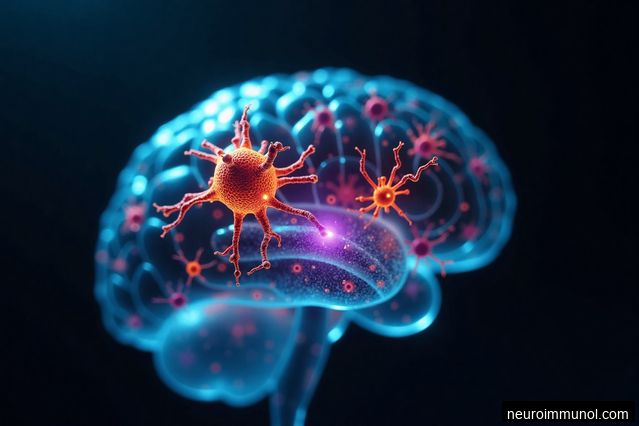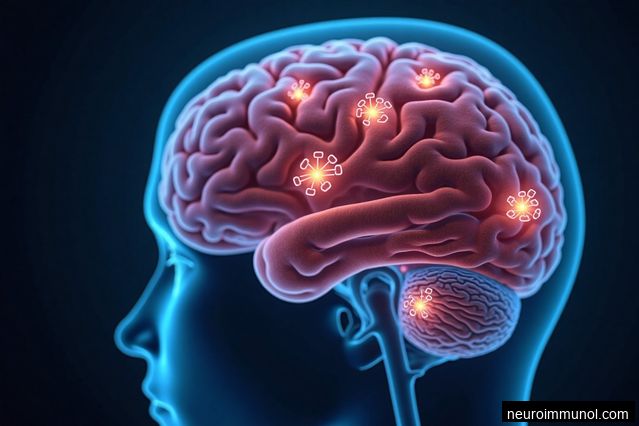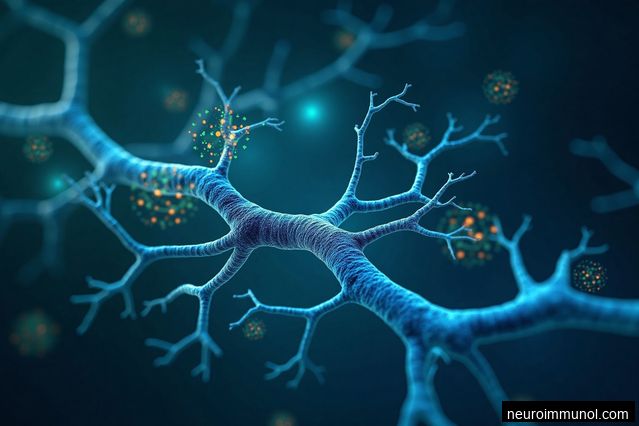Understanding Neuroimmune Biomarkers
Neuroimmune biomarkers are measurable indicators found in the nervous and immune systems that provide valuable insights into the presence, progression, and severity of diseases. These biomarkers can include proteins, RNA, DNA, and other molecules that are specific to certain diseases or conditions. By analyzing these biomarkers, healthcare professionals can gain a deeper understanding of the underlying mechanisms of various diseases and tailor treatment plans accordingly.
Advancements in Neuroimmune Biomarker Research
Over the years, significant progress has been made in identifying and characterizing neuroimmune biomarkers. Researchers have discovered specific biomarkers associated with conditions such as multiple sclerosis, Alzheimer's disease, Parkinson's disease, and autoimmune disorders. These biomarkers can be detected through various methods, including blood tests, cerebrospinal fluid analysis, imaging techniques, and genetic profiling.
Applications in Disease Diagnosis
Neuroimmune biomarkers have immense potential in the field of disease diagnosis. By analyzing the presence and levels of specific biomarkers, healthcare professionals can accurately diagnose diseases and differentiate between similar conditions. For example, in multiple sclerosis, specific biomarkers like myelin basic protein and oligoclonal bands in cerebrospinal fluid can confirm the diagnosis. Additionally, neuroimmune biomarkers can aid in early detection, allowing for timely intervention and improved patient outcomes.
Monitoring Disease Progression
Neuroimmune biomarkers also play a vital role in monitoring the progression and response to treatment of various diseases. By regularly measuring the levels of biomarkers, healthcare professionals can assess the effectiveness of therapies and make necessary adjustments. For example, in patients with Alzheimer's disease, the levels of amyloid-beta and tau proteins can be monitored to track disease progression and evaluate the impact of potential treatments.
Challenges and Future Directions
Despite the promising potential of neuroimmune biomarkers, there are several challenges that need to be addressed. Standardization of biomarker detection methods, validation of biomarker panels, and establishing reference ranges are essential for widespread clinical use. Additionally, the complex nature of neuroimmune interactions requires further research to identify novel biomarkers and understand their roles in disease pathogenesis.
The Future of Neuroimmune Biomarkers
As research in the field of neuroimmunology continues to advance, the use of neuroimmune biomarkers is expected to revolutionize disease diagnosis and monitoring. The development of non-invasive techniques for biomarker detection, such as blood-based tests, holds great promise for improving accessibility and reducing patient discomfort. Furthermore, the integration of artificial intelligence and machine learning algorithms can enhance the accuracy of biomarker analysis and facilitate personalized medicine approaches.








